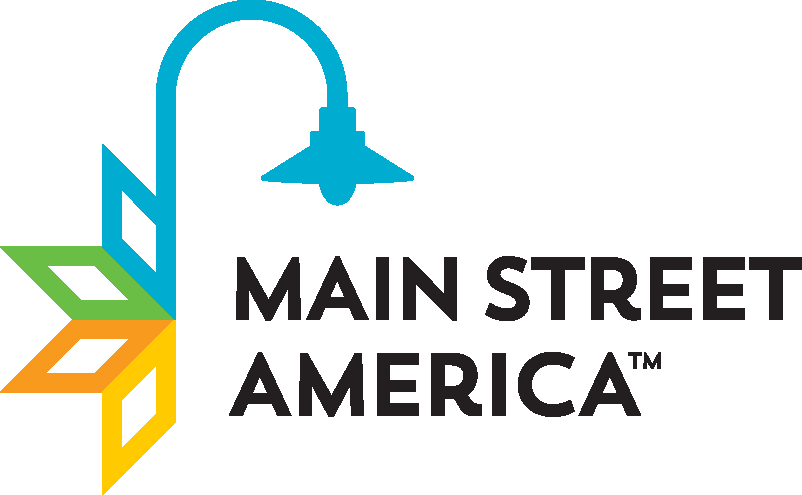A business improvement district, also referred to as a BID, is a defined area in which businesses and residential properties are required to pay an additional tax (or levy) in order to fund projects or provide supplemental services within the district’s boundaries. The BID is often funded primarily through the levy but can also draw on other public and private funding streams, such as surcharges on existing business licenses and occupational taxes. BIDs are the primary special tax district implemented in a Main Street programs boundaries as a means for providing additional funding and resources for the local Main Street organization.
The creation of a BID requires support from at least 51 percent of the municipal taxpayers of the district proposed for creation or municipal taxpayers owning at least 51 percent of the taxable property subject to ad valorem real and personal property taxation in the district.
BIDs can be created for a period of 5 or 10 years. In order to enact the proposed BID, the petition must be verified by the city, noticed and approved during a public meeting. The BID will have a board of appointed property owners who create the budget and are responsible for expending and allocating funds. The local Downtown Development Authority can serve as the board of directors for the BID.
Supplemental Services:
Supplemental services are defined as those services provided for the improvement and promotion of the district, including, but not limited to, advertising, promotion, sanitation, security, business recruitment and development.
Why start a Business Improvement District (BID)?
The most basic reason to start a BID is that downtown property and business owners have a higher expectation for public service than is currently being delivered. The only way to guarantee cleanliness and safety is to pay for it ourselves by creating a self-taxing district to fund sanitation and public safety.
How much will it cost?
Proposed BID assessment amounts may vary from community to community. BIDs are awarded in the form of a mill. It is up to the BID upon initial legislation to outline how many mills will be assessed and towards what use and purpose these funds will go to support. For example: A five-mill assessment costs about $200 in tax for every $100,000 in property value.
Why now?
No one wants to pay more taxes, but everyone wants more services. One way to think about this transition is taking control of a portion of taxes you were paying and diverting them so that they can only be spent around your properties.
How long will the BID run?
BIDs typically sunset or need to be renewed after 5 years but can not last longer than 10 years without going through the renewal process. Property owners within the district would have to vote to extend the BID to continue the services and collection of funds for an additional amount of time.
Who will run the BID?
State law has very specific rules about how the BID would be run. The BID will be administered by a seven-person volunteer board. Five board members are elected in a caucus meeting by the property owners within the district to serve three-year terms, and must be property owners. The elected BID board has total discretion over how revenues are spent and on what projects.
What could the revenue from a BID accomplish? How will the revenue be used? How much money could we raise?
BIDs can undertake public space improvements.These can include capital improvements, consumer marketing, economic development, maintenance, parking and transportation projects, policy advocacy, security and social services. It will be up to the elected BID board to develop a budget.
How will the BID benefit me?
Previous studies show that BIDs increase property values. In fact, “on average, the value of commercial property within a BID increases by approximately 15 percentage points more than comparable properties in the same neighborhood but outside the BID.” Another study found that BIDs significantly reduce crime, especially theft and property crime. BIDs have also been shown to increase occupancy rates, public perception, lease rates, retail sales and pedestrian counts.
How common are BIDs?
There are over 400 BIDs functioning in 42 states in the US in cities with a median population of approximately 100,000. Atlanta, Columbus, Rome and Madison all have at least one BID or CID in Georgia. As a validation of success, BIDs are rarely if ever disbanded, showing that property owners realize real value from BID services. All of the cities listed with BIDs or CIDs in Georgia have renewed their districts at least once.
What is the difference between a BID and a CID?
BID, or Business Improvement District, is the most common nomenclature in use in the US, but these districts go by all kinds of names like “self-supported municipal improvement district,” “Special Improvement Districts,” “Special Business Districts,” “Economic Improvement Districts,” and of course “Business Improvement Districts.” Georgia law allows two of these self-taxing districts, BIDs and CIDs, with slightly different legal requirements and uses, but similar purposes.



